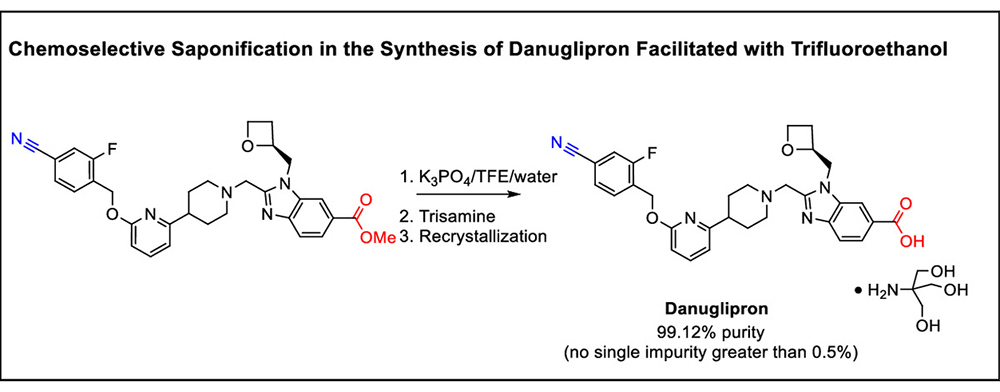See how Pfizer’s once-daily weight loss pill impacts global supply chains and API suppliers worldwide.
Pfizer has announced plans to progress with a reworked, once-a-day version of its weight-loss pill, danuglipron, aiming to address previous setbacks and tap into the burgeoning market for weight-loss medications. This move marks Pfizer’s renewed effort in the competitive landscape dominated by Novo Nordisk’s Wegovy and Eli Lilly’s Zepbound, both known for their efficacy but requiring frequent injections.
Development Plans and Market Expectations
The decision to shift focus to a once-daily formulation of danuglipron follows Pfizer’s discontinuation of its twice-daily version due to high rates of side effects such as nausea and vomiting, which led to patient dropout in mid-stage trials. The pharmaceutical giant aims to evaluate multiple doses of the reformulated drug in the latter half of this year before progressing into clinical trials. While an exact timeline wasn’t specified, Pfizer’s strategic pivot underscores its commitment to capturing a share of the lucrative weight-loss drug market.
Analysts predict significant growth potential for this market, estimating it could exceed $150 billion in annual sales by the early 2030s, driven by increasing global obesity rates and demand for effective treatments.
Mechanism of Action: How Danuglipron Works
Danuglipron belongs to the class of GLP-1 receptor agonists, originally developed for managing type 2 diabetes. These drugs mimic the action of the GLP-1 hormone, which plays a crucial role in regulating blood sugar levels, slowing digestion, and suppressing appetite. Here’s how danuglipron’s mechanism supports weight loss:
1. Blood Sugar Regulation: GLP-1 receptor agonists like danuglipron help regulate blood sugar by stimulating insulin release from pancreatic beta cells when blood glucose levels are elevated. This mechanism aids in maintaining optimal blood sugar levels, which is beneficial for individuals with insulin resistance and obesity-related metabolic disorders.
2. Appetite Suppression: GLP-1 receptor agonists act on the hypothalamus in the brain to suppress appetite, leading to reduced food intake and subsequent weight loss. This effect is particularly beneficial for individuals struggling with overeating or obesity-induced hyperphagia.
3. Digestive Slowing: By slowing gastric emptying, GLP-1 receptor agonists prolong satiety after meals, contributing to reduced caloric intake over time. This aspect of danuglipron’s action supports sustainable weight loss by promoting feelings of fullness and reducing cravings.
Safety Considerations and Future Prospects
Early study results provided by Pfizer indicate promising safety profiles for the once-daily dosing regimen of danuglipron, with no observed elevations in liver enzymes among over 1,400 healthy adult volunteers. This is a critical factor in drug development, as liver safety concerns had previously led to the discontinuation of another Pfizer weight-loss candidate, lotiglipron.
Looking ahead, Pfizer faces the challenge of balancing efficacy with safety in clinical trials, aiming to establish danuglipron as a viable option in a competitive landscape where patient tolerability and treatment convenience are paramount. Analysts like JP Morgan’s Chris Schott remain cautious, emphasizing the need for clearer data on tolerability before the drug’s market role becomes more defined.
In conclusion, Pfizer’s strategic pivot towards a once-daily weight-loss pill underscores its commitment to innovation in therapeutic areas beyond its COVID-19 portfolio. As the pharmaceutical industry continues to explore novel approaches to managing obesity and related metabolic disorders, the evolution of danuglipron and similar next-generation drugs will shape the future of weight-loss treatment options worldwide.
API Suppliers
API Suppliers
Comments are closed.












